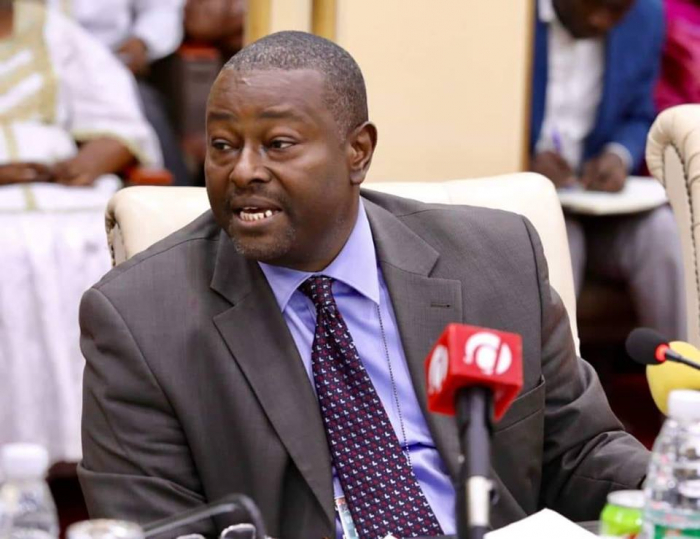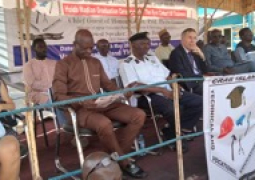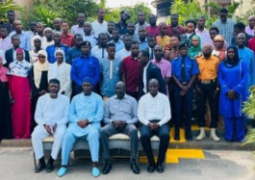
The annual Moot Court competition is organised in collaboration with the Law Faculty of the University of The Gambia.
Each participating university is required to submit a formal request for registration by email with the heading ‘Registration for the Sir Dawda Kairaba Jawara International Human Rights Moot Court Competition 2022.
According to NHRC, applicants must be in their second year or above in their LB Programme at an African university, and teams will be composed of two (2) student members only, preferably of different sexes and/or genders.
“Each team must prepare separate memorials (heads of argument or written pleadings) in support of the case of the Applicants and the Respondent,” NHRC stated.
“Each memorial must be composed of the following: a) A standard cover page; b) Each memorial must begin with jurisdiction and admissibility; c) Each issue must be argued separately; and d) Prayers. e) Memorial should not exceed 3000 words including footnotes if these are used; f) It is not necessary to include a table of contents, which will if included in the memorial, form part of the overall 3000-word count; g) Spacing: Double-spaced; h) Format: Memorials should be submitted in Microsoft Word, not PDF; i) Font type: Arial; and j) Font size.”
The NHRC warned that failure to meet these requirements may lead to disqualification.
“One (1) copy of the memorials for each side (one for the Applicant and one for the Respondent) should be submitted, to reach the organisers on or before 22 September 2022. The teams must register by sending email to the organisers with names and matriculation numbers of their names.”
“Memorial marking: Memorials will be marked by independent experts in the start of the preliminary rounds of the Competition.”
“Best memorial: The teams with the best memorials in the preliminary rounds will be announced at the end of the Competition during the prize-giving ceremony.”





